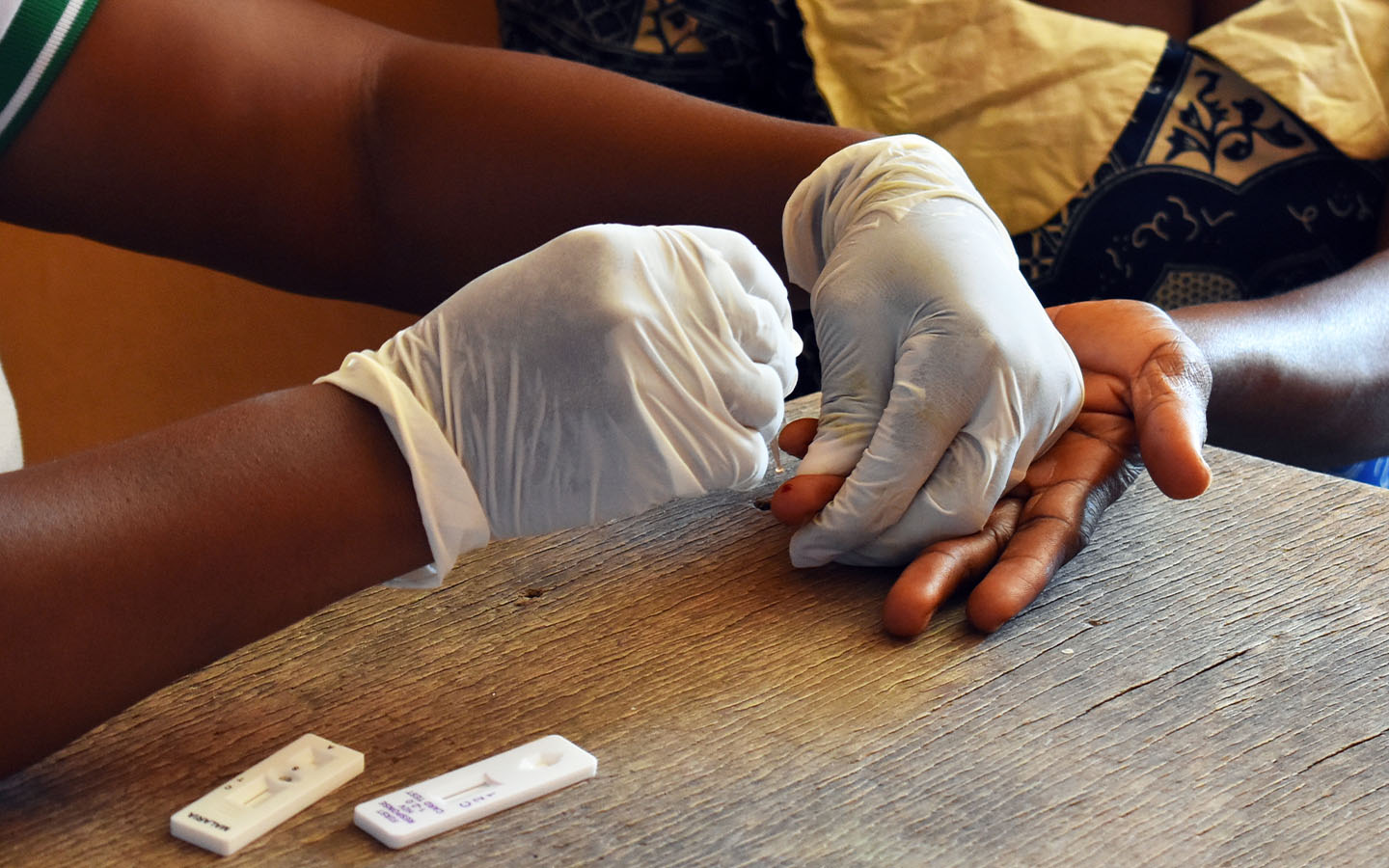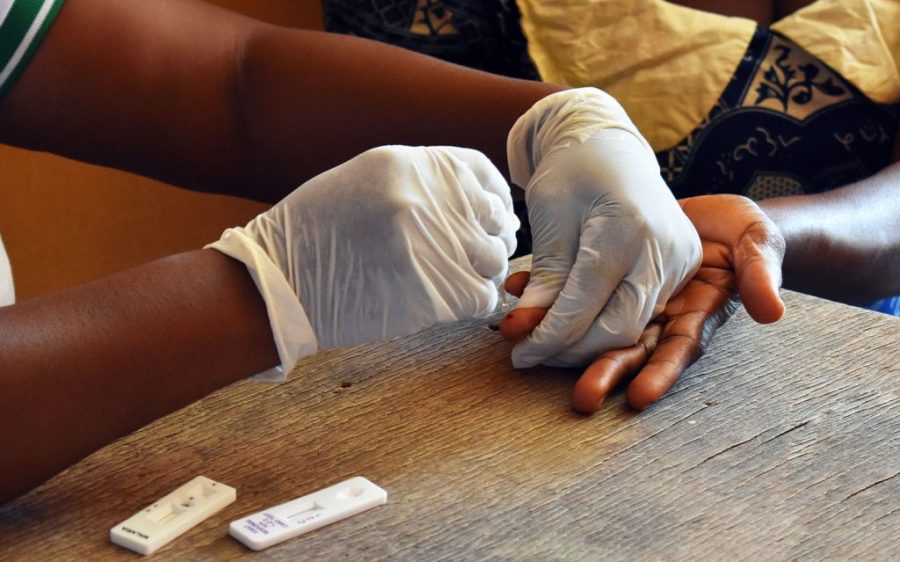Mozambique marked World Malaria Day last Friday with a call for a stronger global response, one echoed by the World Health Organization (WHO), the Chinese news agency Xinhua reports.
In a statement, President Daniel Chapo also called for broader adoption of evidence-based interventions such as vaccination, indoor residual spraying, mosquito net distribution and seasonal chemoprevention, in which curative doses of antimalarial medicine is administered to children throughout the period of greatest risk.
Chapo reaffirmed the government’s commitment to malaria control strategies outlined in Mozambique’s national governance plan, and called for deeper collaboration with international organisations and public-private partners. Mozambique has made significant strides in recent years, yet insufficient funding and access to resources threatens to undermine the important work being done on the ground.
Spread through the bites of infected mosquitoes, malaria can be deadly if not diagnosed and treated quickly. The parasitic disease is one of the leading causes of illness and death in the country, with more than 11.5 million cases and at least 358 deaths last year – though deaths outside hospital may be much higher, with a 2023 WHO report estimating 22,000 malaria-related deaths annually.
The figures for 2024 – over 11.5 million cases, around 67,000 hospitalisations and 358 in-hospital deaths – actually represent a modest improvement from the previous year, with the biggest gain in cases, down 12 percent. Hospital admissions decreased 4 percent and deaths only 1 percent. Mozambique has the fifth-highest malaria burden in the world, according to the WHO, with limited healthcare resources to address cases and a climate that allows Anopheles mosquitoes (the species responsible for spreading malaria) to breed year-round.
[See more: Cabo Verde has certified malaria-free]
The Mozambican government has adopted a variety of mitigation strategies to manage malaria, including becoming one of 14 African countries to rollout childhood malaria vaccines in 2024.
All are part of the WHO African Region, which carries a disproportionately high share of the global malaria burden, accounting for 246 million cases (94 percent) and 569,000 deaths (95 percent) in 2023. Children under 5 account for around 76 percent of all malaria deaths in the region, making them the logical choice for a vaccine rollout.
The R21 vaccine, which Mozambican scientists help produce, was first administered in the country last August with some 300,000 children aged 6 to 11 months in Zambézia province receiving the first of four doses. Nearly a third (32 percent) of children in Mozambique contract the disease; a single dose of R21 can cut cases by as much as 66 percent with the full four doses providing prolonged protection.
Digitalisation is another tool being employed by the government. Previously, all the records use in the Ministry of Health’s malaria control programme were kept manually, slowing down the collection and analysis of data and hobbling response times. A new data repository created in 2022, the Integrated Malaria Information System, integrates four major data systems and links them to a visual and user-friendly dashboard.
The digitalised malaria campaigns have slashed campaign duration from a week or two to just 5 days and allowing for more efficient distribution of resources like nets. Coupled with sufficient funding, digitalisation and vaccines could significantly reduce the prevalence of malaria in Mozambique.






